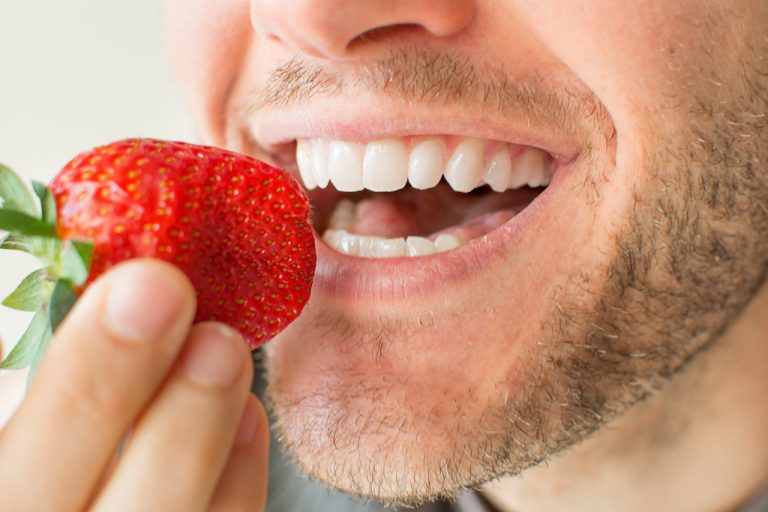Everyone has a unique lifestyle that influences overall health in some way, and one of these is your oral health. Focusing on diet, habits, and hygiene is essential for oral health. While your lifestyle may not be the only factor that affects your oral health, it can certainly play a role in your dental well-being. How you live your life can directly impact the health of your teeth and gums. This article will explore how different lifestyles affect oral health and how you can stay on top of it.
Sedentary Lifestyle
If you lead a sedentary lifestyle, you might be more prone to dental problems such as cavities or tooth decay. This is because people who lead a sedentary lifestyle often eat unhealthy snacks or foods high in sugar and acidity, which can damage teeth if not brushed away quickly. Unhealthy food such as sweets and soda can also cause plaque. This invisible coating forms on teeth and causes cavities. Additionally, if you’re sitting for hours at a time without taking breaks to move around and get the blood flowing in your mouth and gums, this could contribute to an unhealthy oral condition since the bacteria in your mouth won’t get cleaned off as quickly as it would with normal activity.
Active Lifestyle
Conversely, if you lead an active lifestyle with frequent physical activity, you may have better oral health due to increased saliva production during exercise. Saliva helps keep bacteria at bay and prevents tooth decay by neutralizing acids in food particles and removing them from teeth surfaces. Additionally, regular exercise can improve overall well-being, often leading to better habits like brushing twice daily, flossing regularly, eating healthy foods, etc., all of which contribute to healthier teeth and gums.
Exercise is beneficial to improving your overall well-being. It has been proven to reduce inflammation in the body by reducing the presence of inflammatory cytokines known to cause issues within the mouth. Therefore, leading an active lifestyle and exercising regularly not only helps to maintain oral health but also helps in preventing potential infections caused by inflammation.
Stressful Lifestyle
A stressful lifestyle can also affect oral health—though it’s usually not good news for your teeth and gums! Stress increases levels of cortisol (a hormone) which weakens the immune system making us more susceptible to infections like gum disease or even cavities caused by poor dietary choices made when under stress. Many factors, such as work, school, relationships, or finances, can cause stress. It can lead to bad habits like smoking, drinking alcohol, and eating unhealthy foods. All of these activities hurt oral health.
Stress can’t be avoided, but it can be managed. Practicing stress-reduction techniques such as mindfulness, yoga, or deep breathing can help lower cortisol levels and strengthen the immune system, which in turn helps promote better oral health. If possible, avoid the things or events that give you the most stress and create a calm environment.

Creating a Good Oral Health Habit
Fortunately, no matter what lifestyle you lead, there are ways to keep your oral health in check. The most important part of maintaining good oral health is establishing a solid and consistent routine that includes the following:
- Brushing your teeth twice a day for two minutes with a soft-bristled brush and fluoride toothpaste
- Flossing at least once a day
- Eating healthy foods such as vegetables, fruits, and dairy products
- Limiting sugary snacks and drinks like soda or candy
- Avoid smoking or using any tobacco products
Importance of Visiting Your Dentist
It’s also important to visit a dental clinic regularly for checkups and cleanings. Here, your dentist can assess your teeth, gums, and other structures in the mouth to ensure you are on track with your oral health goals. It’s best to schedule appointments every six months or as your dentist recommends. This way, any potential issues can be caught and treated early on, providing the best possible outcome for your oral health.
If your dentist sees potential problems such as plaque, cavities, gingivitis, or other diseases, they can suggest the best action for you. This could include diet and lifestyle changes to help maintain your oral health or professional treatments such as dental fillings or professional cleanings. Make sure to add regular dentist visits to your lifestyle to ensure you stay on top of your oral health.
Your lifestyle plays an important role in maintaining good oral health. You may not be able to control all factors, but understanding how you live affects your teeth and gums will help you become more mindful of oral health needs. Developing healthy habits may not be easy, but it is essential for achieving good oral health—and overall well-being.













